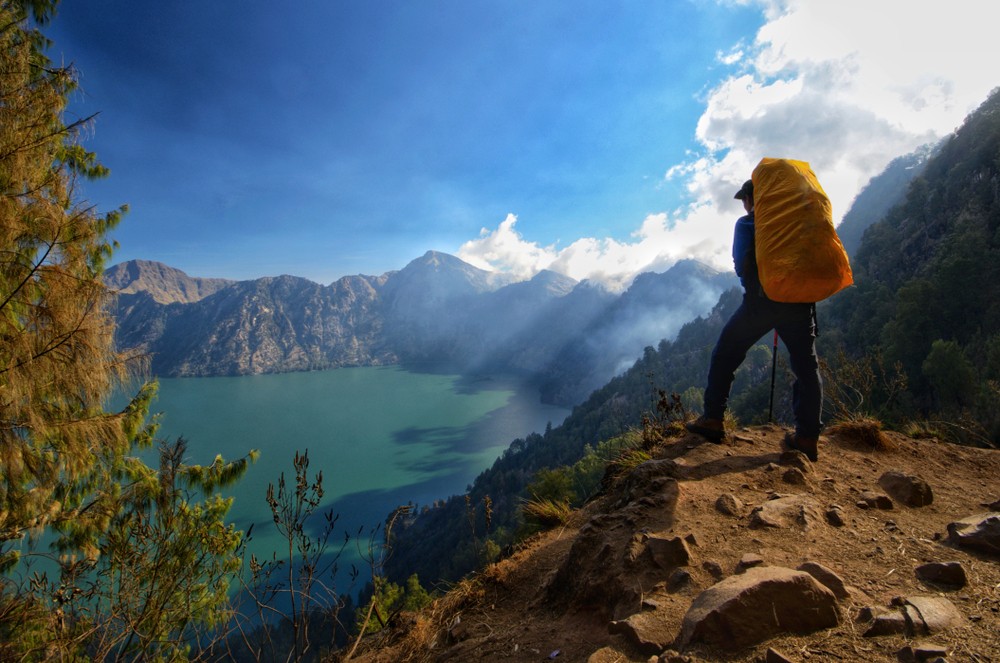Popular Reads
Top Results
Can't find what you're looking for?
View all search resultsPopular Reads
Top Results
Can't find what you're looking for?
View all search resultsPlanning a hike? Get a blood test
According to National Search and Rescue Agency (Basarnas) data, hiking accidents have increased over the past four years.
Change text size
Gift Premium Articles
to Anyone
H
iking is a popular tourist activity in Indonesia among adventure seekers and nature lovers, however it is also prone to accidents, especially from lack of preparation and poor physical fitness.
According to National Search and Rescue Agency (Basarnas) data, hiking accidents have increased over the past four years. Deputy head of the Indonesia Mountaineering Federation (FMI), Iqbal El Mubarok, said mountaineers often neglected many procedures, which led to accidents. One of the most important is getting a blood test.
“For hikers, [a blood test] might be too much hassle, however, if you want zero incidents, that's what you need to do,” he said at the extreme sport exhibition Deep and Extreme Indonesia at the Jakarta Convention Center in Senayan, South Jakarta, recently as quoted by kompas.com.
Iqbal said blood tests were important so that hikers really understood their physical condition and could prepare the right equipment.
Read also: Hiking sandals not for hiking
“We can see [the condition] of our hemoglobin, red blood cells and white blood cells. If for example, among five hikers, one suddenly experiences a peak in their white blood cell level, it means they are suffering from an infection,” he said.
“Physically, you won't see it. However if [the test shows] that his white blood cell count is high, there is a possibility the person could catch a fever the next day, which will affect their movement during the trip,” he said.
Iqbal said aforementioned preparation measures could be used to plan a hiking strategy for a hiking group. A person with a high levels of hemoglobin, for instance, should always be in the middle of the group, he said.
“If someone in the group has high levels of hemoglobin, they are at high risk of becoming dizzy during the hike, hence the other group members should keep an eye on them,” he said.
Iqbal said blood test only cost Rp 100,000 (US$7.05) to Rp 150,000, a small amount compared to the risks hikers faced if not well prepared. Additionally, he said hikers should consider getting an electrocardiogram (EKG) for signs of heart disease. (gis/kes)







